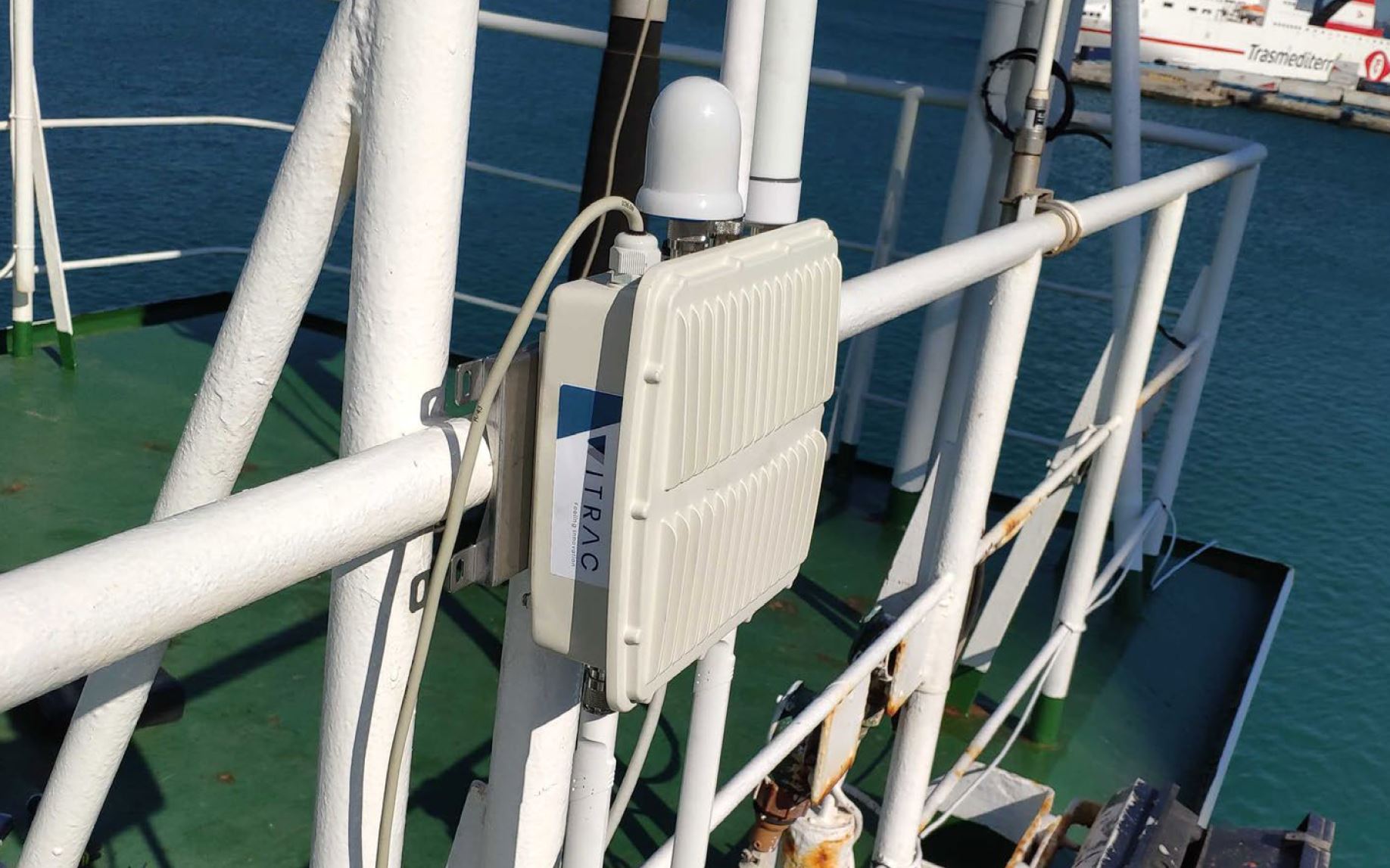how.fm, the SaaS training platform enabling warehouse operators to onboard, upskill, and support their operators every day, has raised a $5.4m seed round. The company will use the funding to recruit across the business, grow its commercial teams in Cologne and London, and further, expand into the manufacturing, retail and food industries.
The round was led by Join Capital, with previous investors Kindred Capital and Capnamic Ventures also participating. Other investors in the round include ex-Amazon UK CEO, Christopher North; CEO of Berlin-based logistics service, Forto, Michael Wax; as well as angel investments from Allegro CEO Francois Nuyts and business angel Andrej Henkler. As part of the fundraise, Join Capital Partner, Jan Borgstädt will also join the how.fm board.
Since the beginning of the pandemic, the ever-increasing online purchasing trend has accelerated; e-commerce logistics have exploded, and so has the warehouse staff headcount. Interact Analysis has found that “28,500 additional warehouses to be added [globally] in the next five years,” which will need associated staff, all of whom will require training alongside various points of compliance.
This boom in e-commerce and fulfilment has created a war for warehouse talent, in an industry that relies on the ability to hire anyone from anywhere. Once an employee has been onboarded, it can cost over $7k to replace them, due to spending on in-person training, loss of productivity and quality. The logistics and warehousing industry has a steep turnover rate of 59.5% year on year in permanent workers, and 420% in the temporary staff that facilitates 2-4 peaks per year. Thus, it’s critical to acquire a high number of effective employees.
Germany-based how.fm was launched in 2019 by serial entrepreneurs Andreas Kwiatkowski and Farhoud Cheraghi, and is transforming onboarding and support of manual labour by disseminating knowledge and optimising processes across enterprises.
Companies need the option to hire staff speaking any language, get them job-ready, fast, with the least possible involvement of an already thin layer of experienced long-term personnel.
The how.fm software covers pre-onboarding, orientation, health & safety, job-related skills and work instructions. how.fm’s SaaS solution generates company-specific sites, which enables businesses to ‘put training on autopilot’, while also increasing safety and quality in their operations. This means reduced costs and fewer efforts from site managers in training their operators.
The company’s client data shows that the solutions are working. how.fm offers off-the-job training which ensures complete compliance, and has reduced churn rate by 5% across its client base. The company also provides on-the-job training, which has reduced ramp time by 15%, increased output quality by 30%, and live support leading to reduced interruptions by 50%.
how.fm’s current clients include leading logistics professionals like Kühne + Nagel and Ingram Micro. Further, brand names such as Bloom & Wild, Fressnapf as well as many more across Europe use how.fm to generate policies and process training and train their workers in over 30 different languages.
how.fm has the ability to solve key high-growth high-turnover operational problems, including fixing labour shortages thanks to the global talent pool it unlocks by removing language barriers. It also supports scalability by enabling rapid growth, and helps companies to adapt to seasonality and increasing response time by ensuring effective onboarding, training of their workers. With the option for live support, it enables warehouses to stay on top of compliance while achieving operational excellence as a service.
how.fm is already bridging the gap between high growth and high turnover within the logistics industry. With its multi-lingual training platform, it has enabled warehouses to unlock the global talent pool and scale rapidly. Especially during peak seasons, it’s a boon for warehouse managers, as they no longer need to worry about onboarding, training and compliance.
Led by successful entrepreneurs, the team is made of software developers, data scientists, and business experts with a wealth of experience in business and computer science. Co-founders, Kwiatkowski and Cheraghi have held roles at trivago, simfy and IBM.
Kwiatkowski says: “Employers in warehousing and distribution must undertake a huge effort when hiring, training and ensuring compliance for each employee, in an industry that sees exceptionally high levels of staff turnover. As online shopping and e-commerce grow, increasing competition for efficient staff will cost businesses a great deal. how.fm aims to streamline the process of repetitive staff onboarding and management – in each individual employee’s native language. This allows senior staff to focus on the most valuable areas of the business.”
Borgstädt adds: “The logistics industry is under immense pressure to deal with the constant increase in e-commerce, and most logistics contractors have very antiquated onboarding processes. Andreas and his team impressed us with a very short proof-of-value when we introduced them to four prospective customers in our network. We liked the execution power that drives the founders as well as their positive resonance within Join’s network, who, within minutes, unanimously recognised the potential added value of how.fm in their day-to-day logistics operations.”
Andreas Andersson, EMEA Safety Lead at Ingram Micro, concludes: “how.fm helps us overcome the language barriers our business faces every day. The CMS system allows us to quickly set up training material to use for anyone in our facilities, regardless of employment type or country of origin. The fact that we can test the knowledge of each trainee helps us a lot on the compliance part as well. An excellent system that is easy to implement, set up and then use.”











